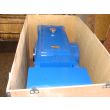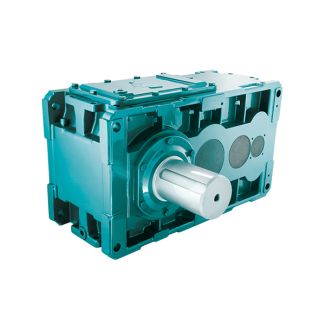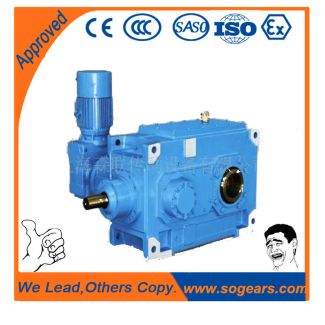Bevel-helical gear boxes B3 H MWeight H HWeight H Mth to th position o B3-SH-22-D
In stock
SKU
B3-SH-22-D
$212,142.86
Flender/Flender Gear Units/Bevel-helical gear boxes B3
oduced only acetaldehyde and diacetyl. Timing of volatile production also permitted differentia-tion of some of the other genera/species studied. It has been shown that methyl sulde is the volatile responsible for cowy or feedy milk and that this is produced
has been shown that methyl sulde is the volatile responsible for cowy or feedy milk and that this is produced  by Aerobacter aerogenes (. This organism was the only one common to several samples of defective milk obtained from different
by Aerobacter aerogenes (. This organism was the only one common to several samples of defective milk obtained from different  milk processing and distribution sites. The GC detection threshold and avor threshold for methyl sulde in milk were 5 ppb
milk processing and distribution sites. The GC detection threshold and avor threshold for methyl sulde in milk were 5 ppb  and 1 ppb, respectively. The methyl sulde andtitratable acidity both began rising when the culture entered the exponential growth phase(3 days). Organoleptic tests were only able to detect methyl sulde after 4 days. Methylsulde levels decreased in the later stationary phase samples (days , at which point Volatile Monitoring in Storage 5 the other odor components, acetaldehyde, acetone, and ethanol, became more important, leading to doughlike odor. Volatiles from . coli ,. freundii , and . intermedia ,Aerobacter aerogenes , and Paracolobactrum aerogenoides growing in milk have also been compared by headspace GC analysis (. Peaks at 1.5 and 4 min were present in all but the . coli inoculated cultures; these were tentatively identied as isobutyl alcohol and carbonyl compound. Differences between the other organisms were based on peak height. These and other techniques are still used to differentiate between microorganisms in culture or in food products (. The pyrolysis-gas chromatography techniqueremains of questionable utility in distinguishing microorganisms (. Nevertheless, gaschromatographic characterization of bacterial fatty acid methyl esters is still commonly used in the differentiation of microorganisms (. Although the preceding studies are not particularly encouraging with respect to de- tection of specic bacteria in headspace analysis context, they do indicate that microor-ganic activity in general can be diagnosed. 4.2 Stored Cereals The volatil
and 1 ppb, respectively. The methyl sulde andtitratable acidity both began rising when the culture entered the exponential growth phase(3 days). Organoleptic tests were only able to detect methyl sulde after 4 days. Methylsulde levels decreased in the later stationary phase samples (days , at which point Volatile Monitoring in Storage 5 the other odor components, acetaldehyde, acetone, and ethanol, became more important, leading to doughlike odor. Volatiles from . coli ,. freundii , and . intermedia ,Aerobacter aerogenes , and Paracolobactrum aerogenoides growing in milk have also been compared by headspace GC analysis (. Peaks at 1.5 and 4 min were present in all but the . coli inoculated cultures; these were tentatively identied as isobutyl alcohol and carbonyl compound. Differences between the other organisms were based on peak height. These and other techniques are still used to differentiate between microorganisms in culture or in food products (. The pyrolysis-gas chromatography techniqueremains of questionable utility in distinguishing microorganisms (. Nevertheless, gaschromatographic characterization of bacterial fatty acid methyl esters is still commonly used in the differentiation of microorganisms (. Although the preceding studies are not particularly encouraging with respect to de- tection of specic bacteria in headspace analysis context, they do indicate that microor-ganic activity in general can be diagnosed. 4.2 Stored Cereals The volatil| Model Type | Bevel-helical gear boxes B3 |
|---|---|
| Gear Type | Bevel Helical Gear |
| Weight (kg) | 9900.000000 |
| Ratio Range | 1 : 14…80 |
| Low Speed Output | Solid shaft with parallel key acc. to DIN 6885/1 |
| Nominal Torque | 470000 Nm |
| Mounting Arrangements | Horizontal mounting position |
| Manufacturer | Flender Limited. |
| Country of Manufacture | Australia |
| Data Sheet & Drawings | Bevel-helical gear boxes B3 H MWeight H HWeight H Mth to th position o B3-SH-22-D |












